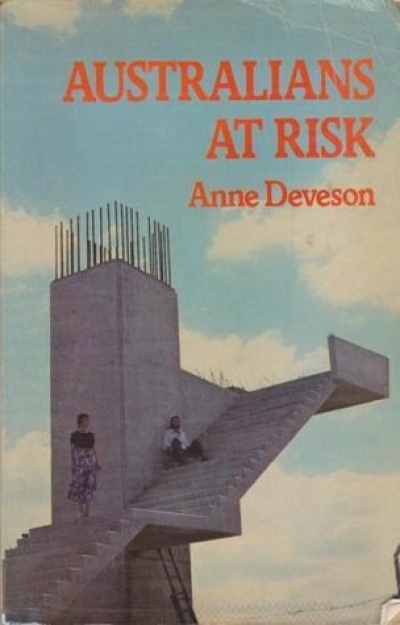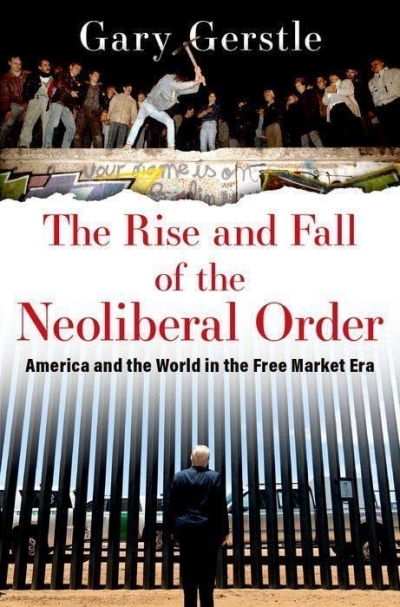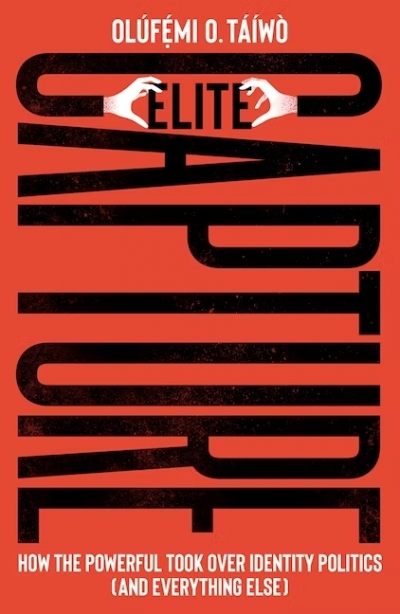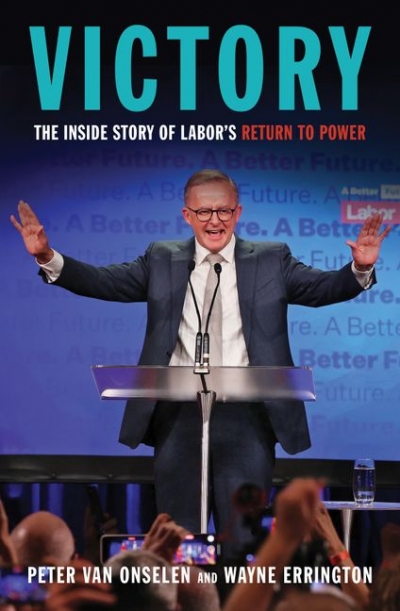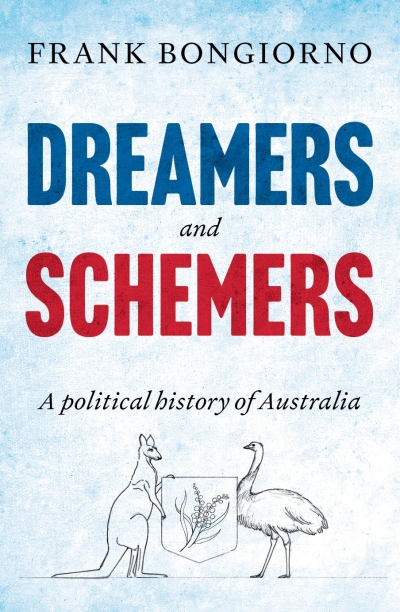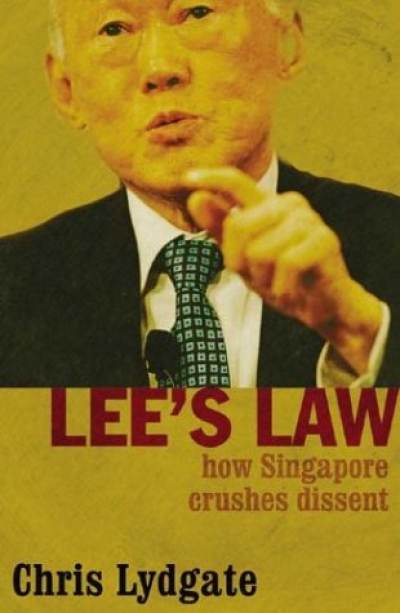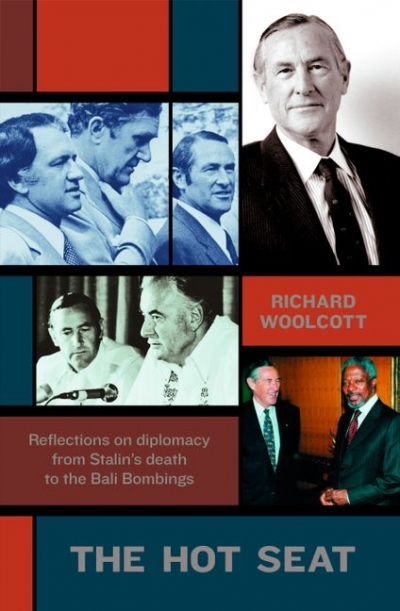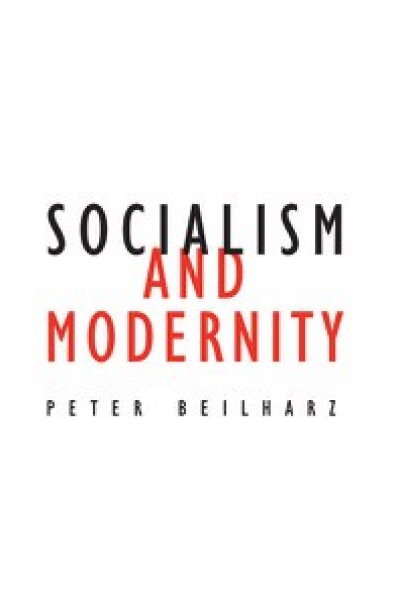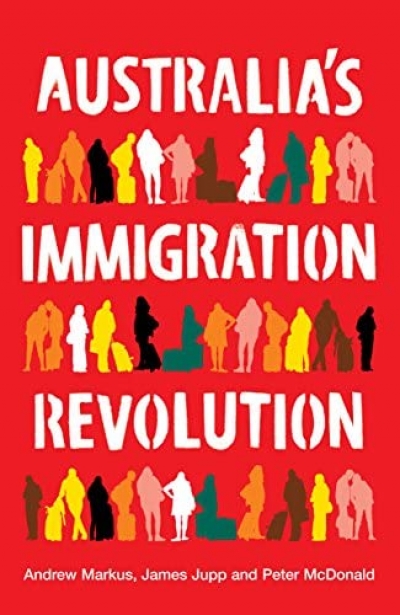Politics
The National Anti-Corruption Bill 2022 was introduced into parliament by the attorney-general, Mark Dreyfus KC, on 28 September 2022. After the second reading speech, the NACC Bill was sent for consideration to a Joint Select Committee, which duly completed its report in time to enable the Bill to be considered for enactment in November.
... (read more)'I am very annoyed and disgusted with the discrimination, prejudice, ridicule and scorn, with possible disgrace and ruin of my reputation, and good name, if my family, friends, associates and colleagues ever discovered that I express my ‘feminine personality’ by dressing completely as a woman. And yet, because of my ‘feminine personality’ I consider myself to be more compassionate, more understanding, and certainly more relaxed and happy, than the average male.’ Thus wrote the president of a group of heterosexual transvestites to the Royal Commission on Human Relationships.
... (read more)The Rise and Fall of the Neoliberal Order: America and the world in the free market era by Gary Gerstle
American presidential elections can be frustrating for outsiders. Non-Americans can’t vote, but humanity’s future may depend upon a few votes in a handful of gerrymandered states. I spent much of 2020 driving myself to distraction over the possibility that Donald Trump might be re-elected. I had no such anxiety in 2016: in my opinion, Hillary Clinton did not deserve to win. She personified too many of the failings of what Gary Gerstle (Paul Mellon Professor of American History at the University of Cambridge) has termed the neo-liberal order. Absent Bernie Sanders, I might have voted for Trump myself, had I been a US citizen. Four years on, I believed that foreigners deserved to be able to help unseat Trump. His presidency, as Gerstle explains in his new book, The Rise and Fall of the Neoliberal Order, was the product of the socioeconomic mayhem created by neo-liberalism – and evidence of its decline.
... (read more)Elite Capture: How the powerful took over identity politics (and everything else) by Olúféṃi O. Táíwò
The list of texts exploring ‘identity politics’ is as long as it is politically promiscuous. From the case against (Identity: The demand for dignity and the politics of resentment, 2018), by Francis Fukuyama) to the case for (literally: The Case for Identity Politics, 2020, by Christopher T. Stout), whether conservative or liberal, if there is a take on identity politics a book has been written about it. The challenge is to pin down a sense of the term on which all the authors could agree.
... (read more)Victory: The inside story of Labor's return to power by Peter van Onselen and Wayne Errington
Early in their new book, Victory, Peter van Onselen and Wayne Errington pose a simple question that has haunted Labor since 2019: why couldn’t they beat the other mob? After all, their foe was an ‘incoherent’ and ‘second-rate’ government that had accelerated graft, cynicism, and factional cannibalism, and that had produced, in the end, a long list of tawdry failures. The Coalition seemed entropic.
... (read more)Dreamers and Schemers: A political history of Australia by Frank Bongiorno
'The history of the Victorian Age,’ wrote Lytton Strachey a century ago, ‘will never be written: we know too much about it.’ Instead, he continued, he would ‘row out over that great ocean of material, and lower down into it, here and there, a little bucket, which will bring up to the light of day some characteristic specimen … to illustrate rather than to explain’ (Eminent Victorians, 1918).
... (read more)Lee's Law by Chris Lydgate & The Mahathir Legacy by Ian Stewart
Singapore and Malaysia have a lot in common beyond a shared border and a shared colonial heritage. Both countries have been dominated for decades by one strong leader – Lee Kuan Yew in Singapore, Dr Mahathir Mohamad in Malaysia. Both have a weak Opposition and a muzzled media. Both have an internal security act inherited from the British, and which is used to detain people without trial. In both countries, the common law system has been bent into ugly new shapes to silence dissent. Each of these books traces the fate of a man who dared to challenge the leader but failed, crushed by an adversary with superior tactics, greater political strength, and, above all, more sway in the courts.
... (read more)The Hot Seat: Reflections on diplomacy from Stalin’s death to the Bali bombings by Richard Woolcott
One of the puzzles of Australia’s diplomatic service is the comparative lack of informative memoirs by senior diplomats. Of the sixteen heads of Foreign Affairs mentioned in this book, only three apart from Richard Woolcott – Alan Watt, Alan Renouf, and Peter Henderson – have written memoirs (although John Burton wrote much about international conflict management, and Stuart Harris – more an academic than a public servant – has written about many international issues, especially economic ones). Some senior figures have contributed columns and articles, but many other senior and respected ambassadors have written nothing. Perhaps this is one reason for the lack of a profound appreciation of international affairs in Australia, which Woolcott so deplores. This book, however, is a substantial contribution to the literature, situated firmly in the realist tradition, and is probably the best memoir to date from a former Australian diplomat.
... (read more)Over the past three decades, Peter Beilharz has carved out an important space in Australian social and socialist theory. Co-founder of the journal Thesis Eleven, Beilharz’s work ranges from studies of Australian labourism and European social democracy to more general works in socialist and social democratic theory. Alongside these he has written two important works addressing the themes of culture and modernity. One of them is a study of Bernard Smith (Imagining the Antipodes, 1997) and the other is on the Polish émigré sociologist Zygmunt Bauman (2000). The essays collected in Beilharz’s latest volume cover much of his intellectual journey over a period of twenty-five years ‘from socialism, to modernity, via Americanism’, as he titles his introduction. Beilharz well understands that the art of the essay is conversation rather than argument, raising possibilities rather than seeking a single answer. All the essays – engaging, learned, and undogmatic – reflect the kind of pluralistic and open-ended politics that Beilharz is concerned to promote.
... (read more)Australia's Immigration Revolution by Andrew Markus, James Jupp and Peter McDonald
Australia’s Immigration Revolution cites a Green Paper on Europe’s demographic future which argues that ‘never in history has there been economic growth without population growth’. While the authors find this assertion debatable, they leave us in no doubt about the challenge posed by the rapid ageing of developed nations. They question the ‘capacity of the labour force to support the aged population’ after the baby-boomer generation retires, pointing to the risk that capital will be diverted from ‘productive investment’ to ‘population maintenance’, weakening competitive advantage in an ‘increasingly competitive global marketplace’. Immigration does not resolve the ageing problem (since migrants also grow old with time), but it offers ‘the most immediate and simplest short-term measure to deal with labour and skills shortages’.
... (read more)
